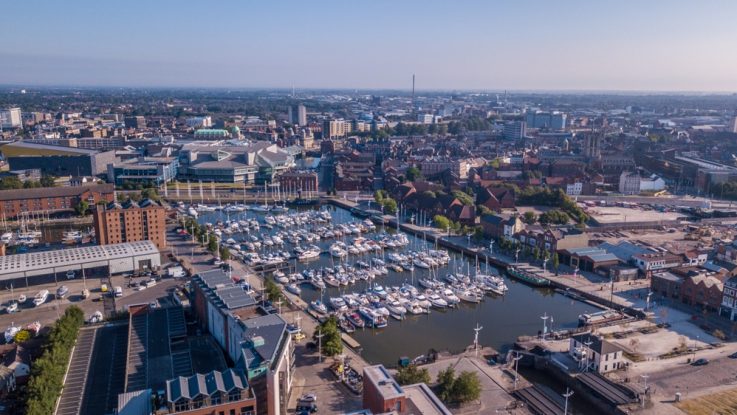
The City of Hull, England has begun implementing a plan to create a smart city platform that will combine data collected from cities across the whole of the North of England and use it to bring its public services into the digital age. It has formalized plans to buy a £1m (~$1,280,000 US) data platform with a built-in specification against which council systems would have to be compliant in the future, so any data they produced could be fused to create one complete picture of city affairs. Any software it acquired in the future would have to be capable of sharing its data with Hull’s smart city platform. The aim is to break break open the silos – the barriers that prevent municipal services from sharing their data due to incompatible software systems.
“One of the problems this is intended to prevent is having lots of vertical silos where suppliers provide you with a comprehensive, single solution for one aspect of a smart city,” said Ian Anderson, chief legal officer at Hull City Council.
In preparation for its smart city platform, the city conducted an 18-month survey of existing council software systems and found deficiencies including those handling geographic information, traffic management, asset management systems, and waste management. It then invited four candidates to compete to supply its data platform and – after analysis – chose four likely candidates: Cisco, Cambridge-based data analytics firm GeoSpock, Czech smart city platform integrator Invipo, and Siemens.
In preparation for the new platform, the city will be connected with a low-power wireless (LoRa) network enabling smart city sensors to communicate their data and a Wi-Fi network. Hull’s integrated Smart City Platform would then provide a “horizontal foundation” to “integrate, transform, manage and control” vertical council systems, “to promote a better quality of life for residents and gain operational efficiencies for the Council”.